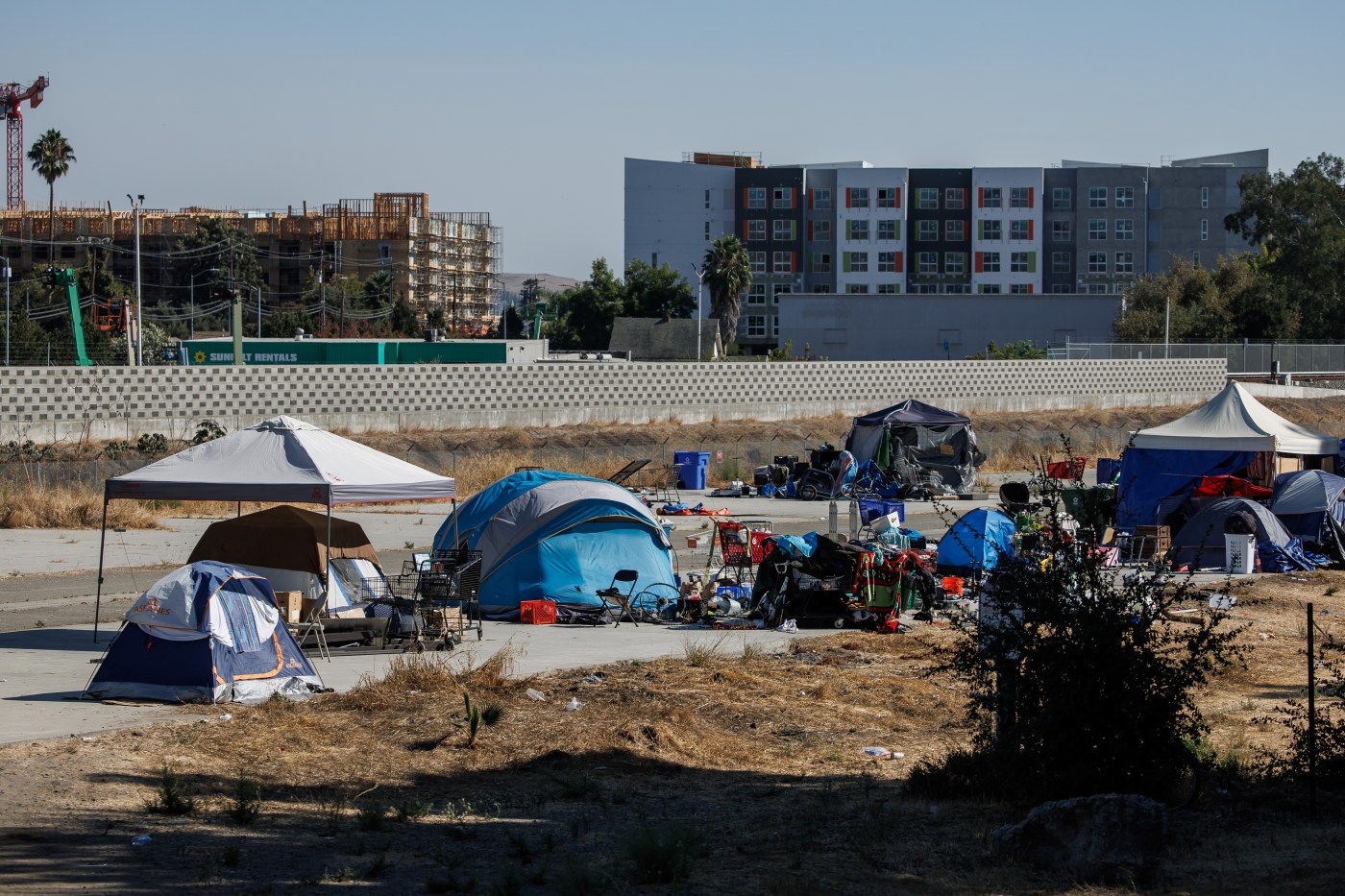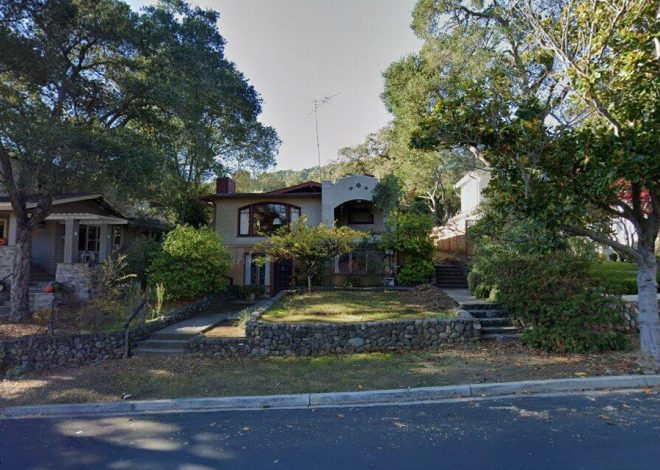
Walters: How much to end homelessness in California? Try $100 billion
Multiple state agencies spent nearly $24 billion on housing and homeless programs in the first five years of Gavin Newsom’s governorship, but the number of people without homes continued to grow, rising by 20% to more than 180,000 in the most recent federal count in 2023.
State Auditor Grant Parks cited that stunning level of spending this year in a sharply worded report concluding that the California Interagency Council on Homelessness, Newsom’s umbrella agency that’s supposed to coordinate and track state programs, has utterly failed to do so.
Parks said the agency “has not aligned its action plan for addressing homelessness with its statutory goals, nor has it ensured that it collects accurate, complete, and comparable financial and outcome information from homelessness programs. Until Cal ICH takes these critical steps, the state will lack up‑to‑date information that it can use to make data‑driven policy decisions on how to effectively reduce homelessness.”
City and county governments have spent additional billions of dollars on homelessness, which stands at the top of the list of worrisome issues continuously cited by California voters in polls.
If spending of that magnitude — probably $30 billion-plus by now – has not made noteworthy progress on reducing homelessness, one must wonder how much it would cost to provide shelter and necessary support services for every homeless person in the state.
No one in Newsom’s administration or the Legislature has ventured into that analytical territory. As Parks says, state officials don’t even know how well their current programs are working, and until they do, the state cannot chart a comprehensive and realistic plan for ultimate success.
Nevertheless, a report presented to the Los Angeles City Council by the city’s homelessness services agency gives us a rough idea of what it would cost and it’s a truly stunning number, something north of $100 billion or more than $500,000 for each homeless person.
Los Angeles has a quarter of the state’s homeless population, about 45,000, and the staff report calculated that it would cost $2.2 billion a year for 10 years, of the city’s own funds and support from federal, state and county governments, to build enough housing for everyone now on city streets and expected to become homeless during the decade.
To make it happen, the report says, the city would have to increase its spending from the current $1.4 billion over 10 years to $4.7 billion and garner matching increases of $2.5 billion from the county, $3.7 billion from the state and $3.3 billion from the federal government for housing, plus another $3.7 billion from the county for 9,000 additional “higher level of care” beds.
Margot Kushel, a professor of medicine at UC San Francisco and director of the school’s Benioff Homelessness and Housing Initiative, told the Los Angeles Times that the report’s figures appear to be a realistic cost to “counteract decades of starved funding” for low-income housing and social services.
Related Articles
Berkeley councilmembers running for reelection in city divided over homelessness
Man shot in Oakland homeless camp dies from injuries
Everywhere they go, people ask for Narcan. But overdoses are increasingly hard to stop.
Students feel safer with program banning encampments and RVs around San Jose schools
Poll: 7 in 10 Bay Area residents say the region’s quality of life is getting worse
“In some ways, it’s an eye-popping dollar amount,” Kushel said. “In other ways, it doesn’t seem that eye-popping to me for the scale of the problem.”
Projecting the report’s estimates to the entire state, California would have to commit about $10 billion a year for a decade — and that’s just for housing. The social and medical services that are vital to prevent newly housed people from once again dropping out would cost many billions more.
Californians consider ending homelessness, particularly the proliferation of squalid encampments, to be a very high priority. But are they willing to spend the big bucks to get it done, and are their elected officials willing to divert the funds from other programs, or raise taxes, that a successful program would require?
Dan Walters is a CalMatters columnist.


